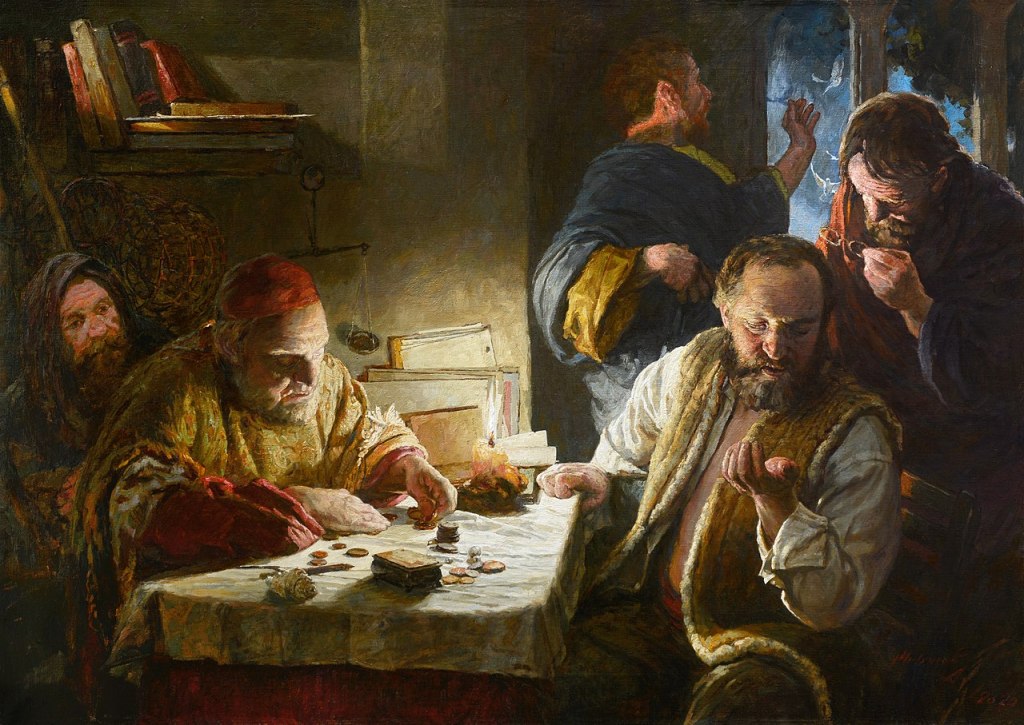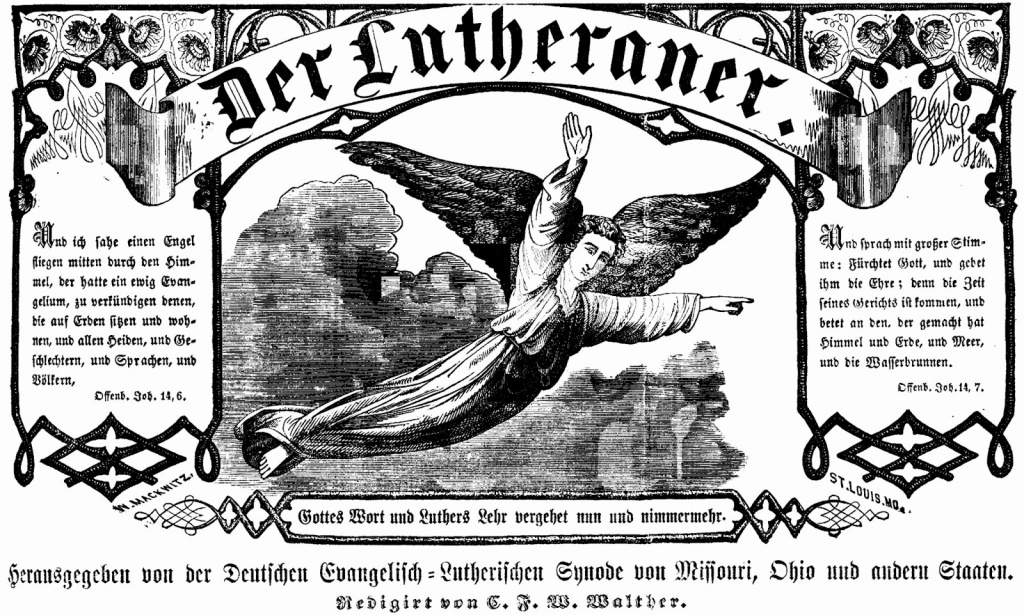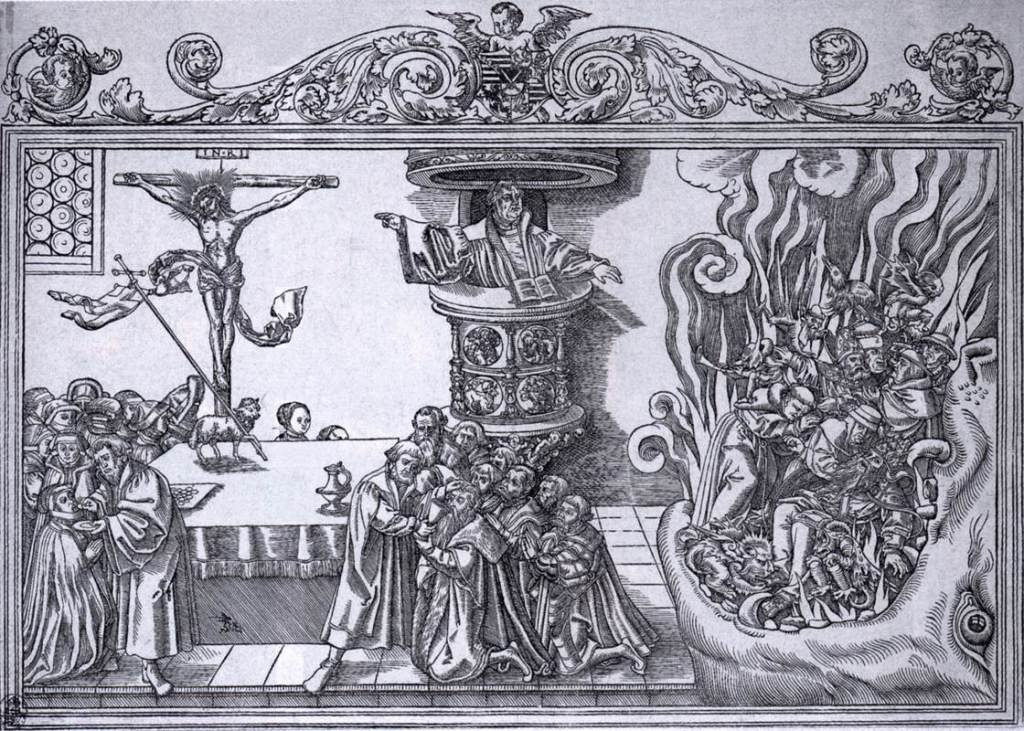The Lutheran Witness of November 2023 wrote on p. 13: “We certainly have much in common with our fellow Christians. Our hymnal, for instance, contains hymns from many traditions, not all of them Lutheran.” This the author, who is a member of Concordia Theological Seminary, Fort Wayne’s Board of Regents, clearly praises as a good thing. However, this attitude toward un-Lutheran “traditions” (does our author consider them to be “legitimate expressions” of the Christian faith?) clearly shows the spirit of our author to be a different one than that which — praise God! — the old Missouri Synod possessed.
Ludwig Fuerbringer, in the Concordia Theological Monthly, VII, 727, quotes the following from Dr. Walther: “As far as the recorded hymns are concerned, the fact that they are pure in doctrine, that they have already found as general a reception as possible in the orthodox German-Lutheran Church, and that they have thus received as unanimous a testimony as possible that they have flowed from the right spirit, has been taken into consideration in the selection of these hymns.”
And in a letter of January 23, 1883, Walther wrote on the question of whether it is advisable to introduce the singing of Methodist hymns in a Lutheran Sunday School: “No, this is not advisable, rather very incorrect and pernicious.
1. Our church is so rich in hymns that you could justifiably state that if one were to introduce Methodist hymns in a Lutheran school this would be like carrying coals to Newcastle. The singing of such hymns would make the rich Lutheran Church into a beggar which is forced to beg from a miserable sect. …
2. A preacher of our church also has the holy duty to give souls entrusted to his care pure spiritual food, indeed, the very best which he can possibly obtain. In Methodist hymns there is much which is false, and which contains spiritual poison for the soul. Therefore, it is soul-murder to set before children such poisonous food. If the preacher claims that he allows only “correct” hymns to be sung, this does not excuse him. For, first of all, the true Lutheran spirit is found in none of them; second, our hymns are more powerful, more substantive, and more prosaic; third, those hymns which deal with the Holy Sacraments are completely in error; fourth, when these little sectarian hymnals come into the hands of our children, they openly read and sing false hymns.
3. A preacher who introduces Methodist hymns, let alone Methodist hymnals, raises the suspicion that he is no true Lutheran at heart, and that he believes one religion is as good as the other, and that he is thus a unionist, a mingler of religions and churches.
4. Through the introduction of Methodist hymn singing he also makes those children entrusted to his care of unionistic sentiment, and he himself leads them to leave the Lutheran Church and join the Methodists.
5. By the purchase of Methodist hymnals he subsidizes the false church and strengthens the Methodist fanatics in their horrible errors. For the Methodists will think, and quite correctly so, that if the Lutheran preachers did not regard our religion as good as, or indeed, even better than their own, they would not introduce Methodist hymnals in their Sunday schools, but rather would use Lutheran hymnals.
6. By introducing Methodist hymnals, the entire Lutheran congregation is given great offense, and the members of the same are led to think that Methodists, the Albright people, and all such people have a better faith than we do.”





